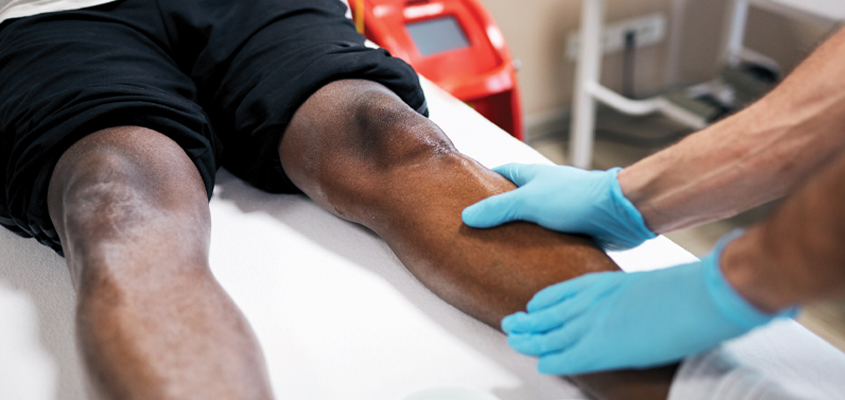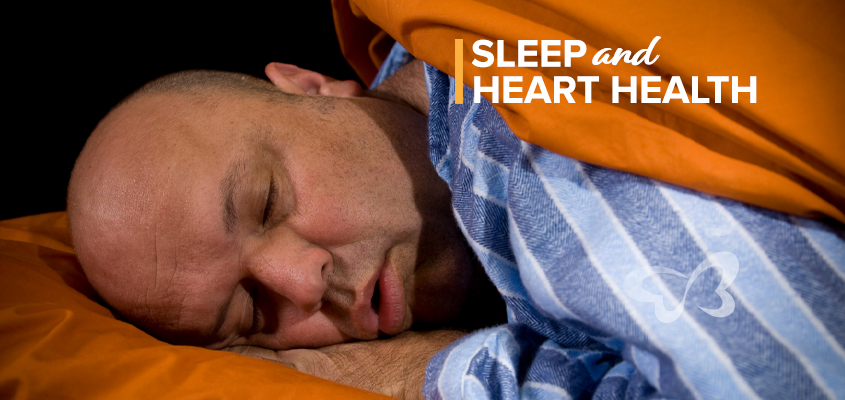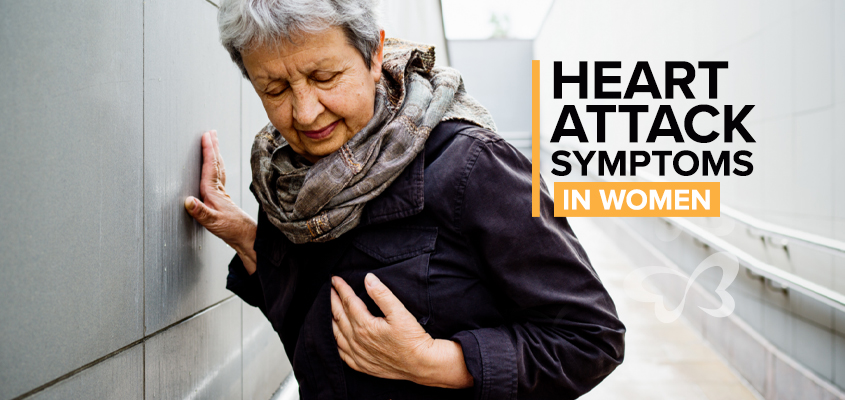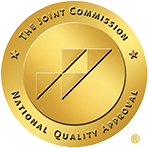
Addressing long-term effects associated with COVID-19
Inpatient rehabilitation can play an important role in the recovery of individuals who have been hospitalized with COVID-19. Long-term effects of the disease can be similar to those of a traumatic brain injury or critical illness/injury.
According to the Journal of Rehabilitation Management, about 20 percent of patients recovering from COVID-19 require rehabilitation. Patients with extended ICU stays that have been on ventilators may lose up to 9 percent of muscle mass after 3 days, and 25 percent of muscle mass after 10 days.
Specialized rehabilitative care can help patient return to previous physical and cognitive abilities by addressing long-term effects associated with COVID-19, such as:
- Muscle fatigue, weakness, and damage
- Fine motor skills
- Cognitive impairments, including memory, attention, reasoning, and problem-solving impairments
- Impulsiveness and agitation
- Decreased respiratory function
- Complications such as septic shock, myopathy, neuropathy, and/or acute respiratory distress syndrome
Benefits of inpatient rehabilitation include:
- Physical, occupational, and/or speech therapy a minimum of 15 hours a week
- 24-hour rehabilitation nursing care
- On-site respiratory care
- Consistent intervention assessments
Recent Blogs/News
We invite you to view our recent blogs and news. For your convenience, our latest Post is shown below!
 https://clearskyhealth.com/weatherford/wp-content/uploads/sites/6/2022/02/022222.jpg
400
845
angelo
https://clearskyhealth.com/weatherford/wp-content/uploads/sites/6/2020/11/Logo_Weatherford.png
angelo2022-02-22 11:05:242022-02-08 21:06:56Sleep and Heart Health
https://clearskyhealth.com/weatherford/wp-content/uploads/sites/6/2022/02/022222.jpg
400
845
angelo
https://clearskyhealth.com/weatherford/wp-content/uploads/sites/6/2020/11/Logo_Weatherford.png
angelo2022-02-22 11:05:242022-02-08 21:06:56Sleep and Heart Health https://clearskyhealth.com/weatherford/wp-content/uploads/sites/6/2022/02/020822-1.jpg
400
845
angelo
https://clearskyhealth.com/weatherford/wp-content/uploads/sites/6/2020/11/Logo_Weatherford.png
angelo2022-02-08 15:58:552022-02-08 18:22:35Heart Attack Symptoms in Women
https://clearskyhealth.com/weatherford/wp-content/uploads/sites/6/2022/02/020822-1.jpg
400
845
angelo
https://clearskyhealth.com/weatherford/wp-content/uploads/sites/6/2020/11/Logo_Weatherford.png
angelo2022-02-08 15:58:552022-02-08 18:22:35Heart Attack Symptoms in Women





